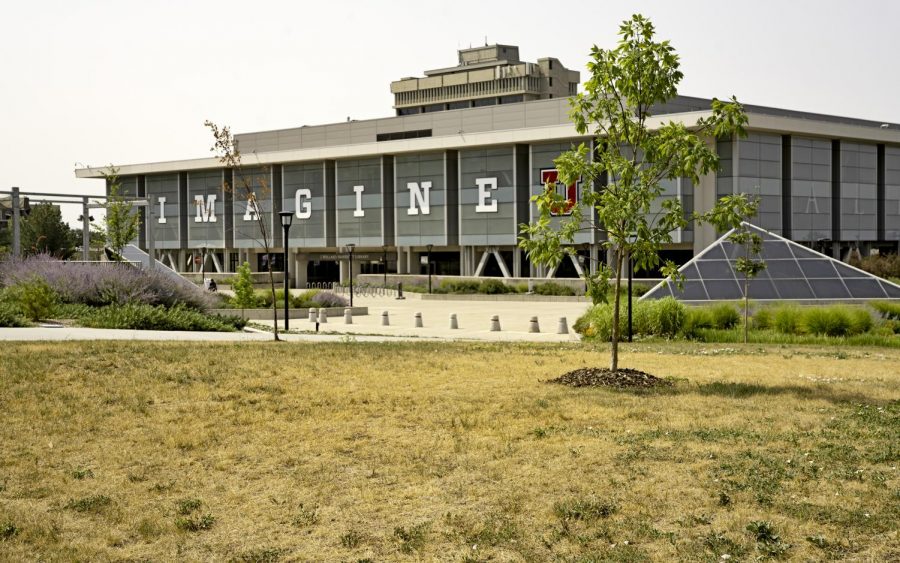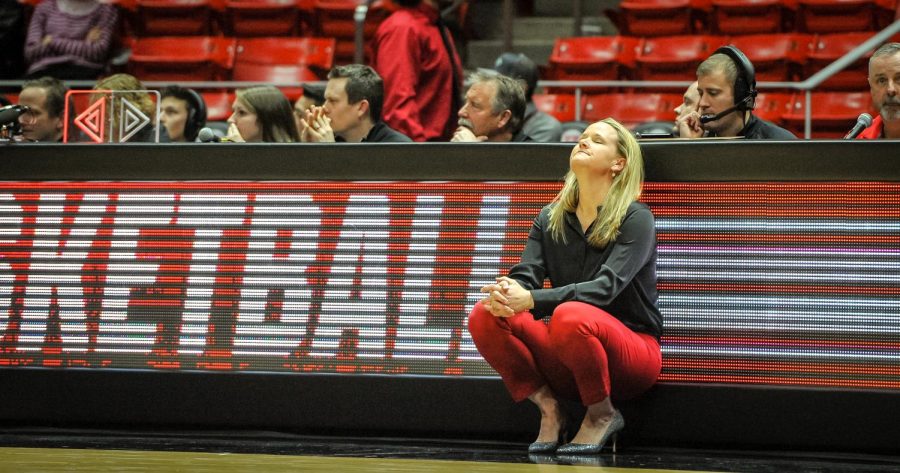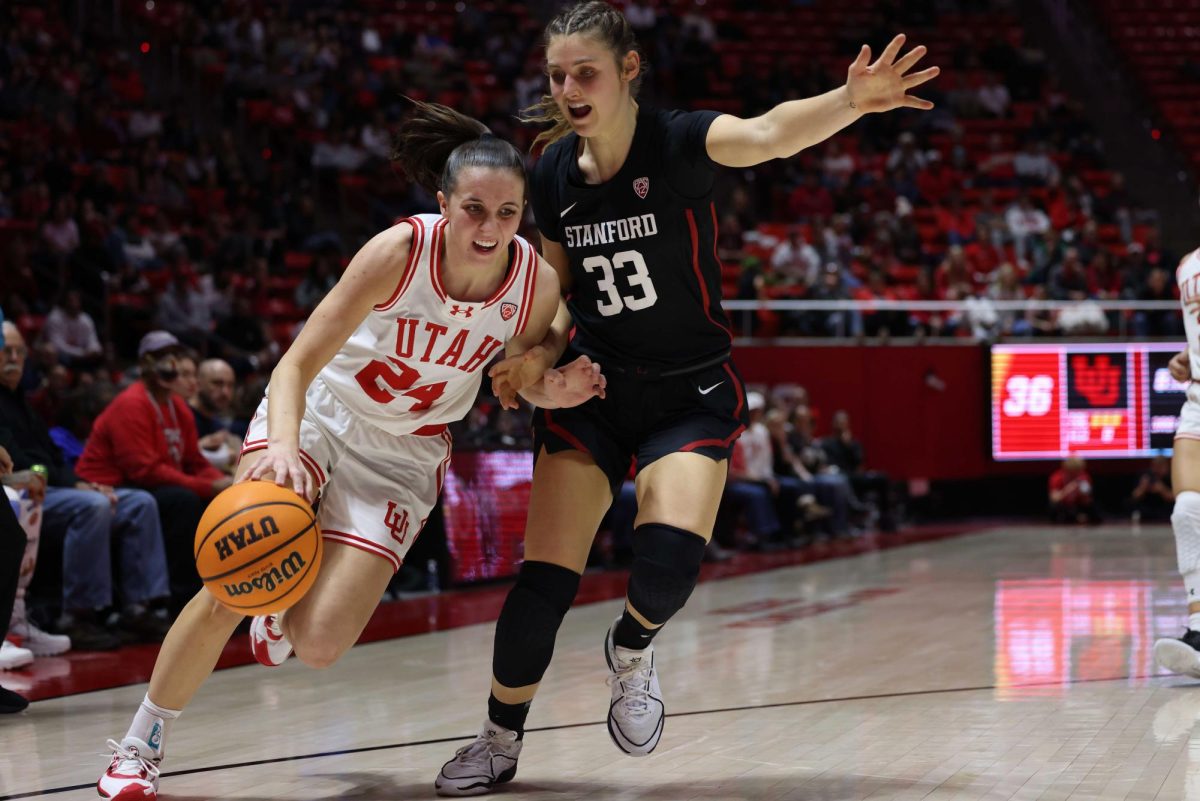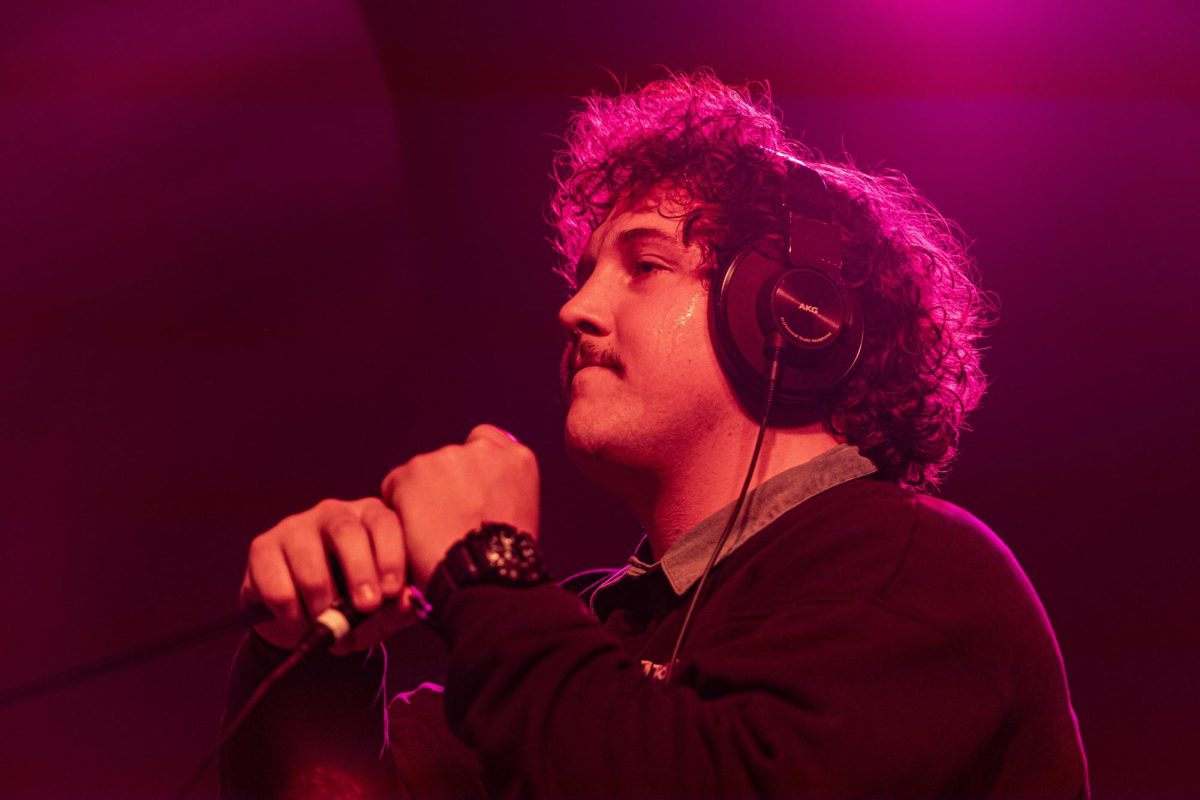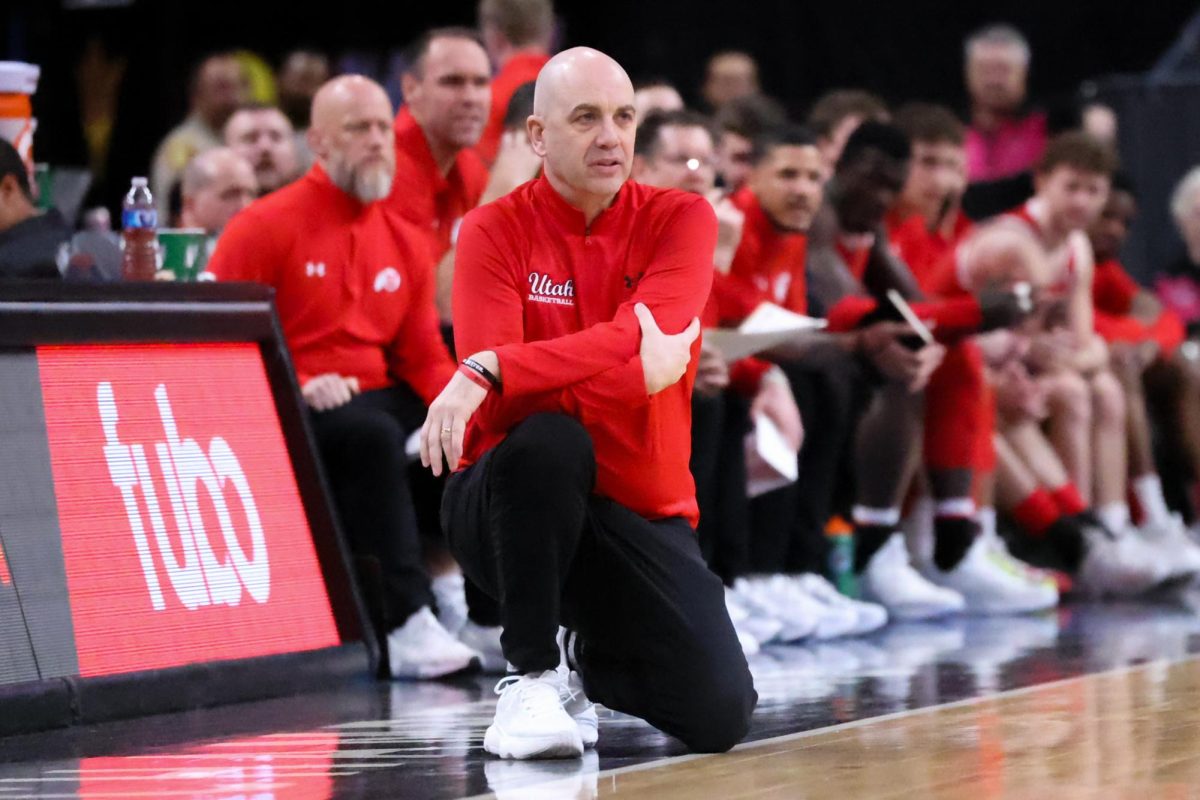CDA Services Offered to Help U Students Navigate Campus Life
The drought’s effect on campus with view towards the Marriott Library on July 24, 2021. (Photo by Kevin Cody | The Daily Utah Chronicle)
November 6, 2021
According to Scott McAward, director of the Center for Disability & Access (CDA) at the University of Utah, 10-15% of students on most college campuses have a disability. McAward said this translates to there likely being around 3,500-5,250 students with a disability at the U.
Among those students is Olivia Rogich. Rogich has dyslexia, a reading disorder.
“Having a disability helped me grow into a better person because I’ve learned differences,” Rogich said. “Just as people can’t see my inside just by my appearance, people can’t know everything unless I tell them about myself. I’ve learned how to become an independent person through therapies and socializing for many years.”
Rogich said having dyslexia also makes socializing with people difficult.
“Sometimes, as a person who communicates with body languages or social signals, socializing has been a difficult thing for me both audibly and academically,” Rogich said. “However, whether someone is allergic to something, physically disabled or in a wheelchair, we all have to socialize with each other. We can help each other within a community and grow up with many benefits from it.”
Students can seek resources and accommodations at the CDA. McAward said the CDA works with around 1,800 students each year, but not all students with disabilities register or seek services with their office.
“[The] CDA supports students with disabilities, primarily through providing academic accommodations under the ADA and Section 504 to ensure equal access,” McAward said. “Also, [the] CDA works within the greater University community in increasing accessibility and components of universal design, providing scholarships for students with disabilities.”
Rogich herself uses facilities provided by the CDA to study as they provide personal rooms to study for quizzes and exams.
“Disability facilities in the U are useful for people with disabilities or in need of research or access to disability facilities,” Rogich said. “I hope there will be more advertisement for incoming students entering the school to know more about disability facilities or Center of Disability & Access.”
Outside of the CDA, McAward said there are not many facilities, events or systems meant solely for students with disabilities.
“We try to focus more on creating accessibility and universal design of already existing facilities, events [and] programming,” McAward said.
The online portal of CDA allows students to submit intake paperwork and make accommodation requests.
“Starting in Spring 2022, a new software will be implemented with an expanded online portal for both students and faculty that will streamline the accommodation process,” McAward said.
McAward said he believes campus is genuinely interested in expanding accessibility and implementing more universal design.
“I think the challenge is awareness of how best to meet the needs of as many individuals as possible. Input from those with disabilities is crucial in creating a more accessible campus,” he said.
Additionally, the Office for Equity, Diversity and Inclusion implemented an initiative in March 2021 titled: A Path to a More Accessible U. This ongoing project is focusing on updating data about accessible routes on campus.
For more information about CDA and accommodations, visit their website.


